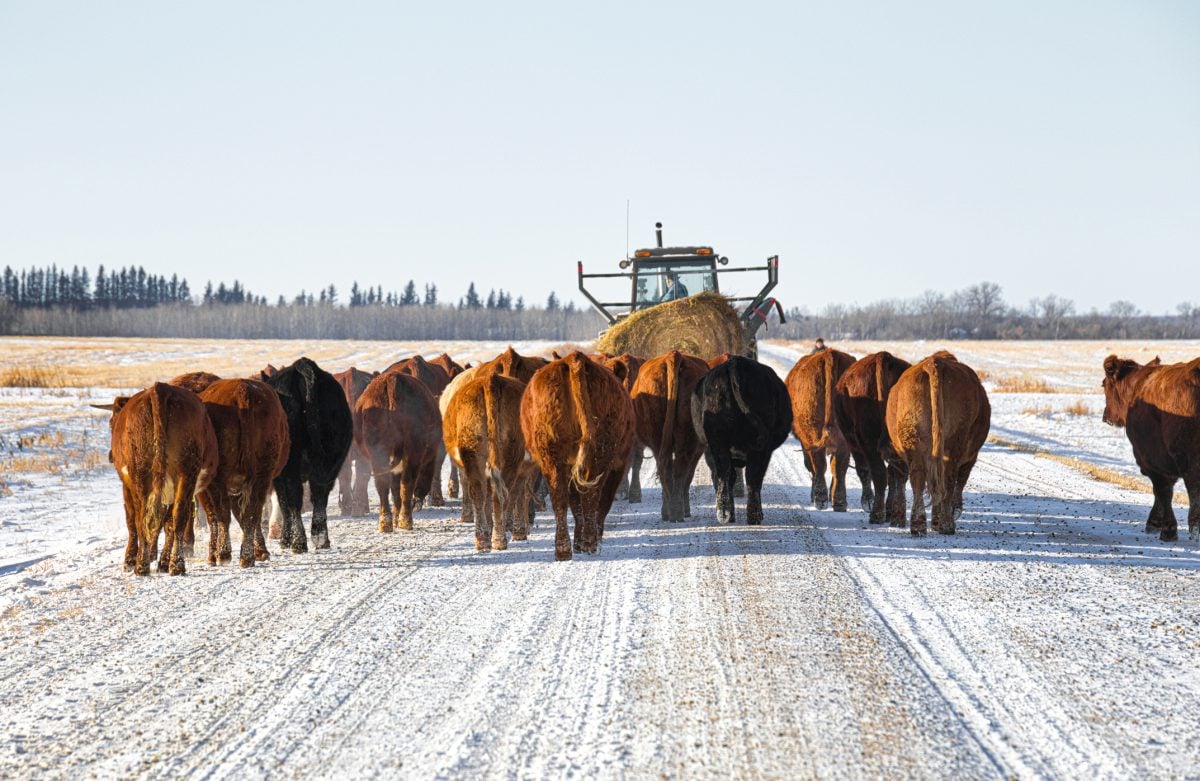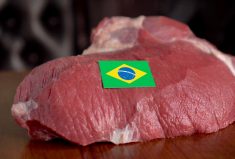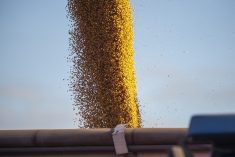Sao Paulo | Reuters — A strike by Brazilian federal agricultural agents responsible for approving certificates required for shipments could affect Brazil’s corn exports, the director of the cereal exporters association Anec Sergio Mendes said Friday.
Mendes said the strike that started on Thursday was “the worst thing that could happen” to grain exports, though it is too soon to quantify the effects.
The Federal Agricultural Agents’ Union (Anffa) estimated 70 per cent of its workers nationally were adhering to the strike. But at the main Port of Santos, 100 percent of the agents were on strike, an Anffa spokesman said.
Read Also

U.S. livestock: CME cattle tick lower in thin pre-holiday trade
Chicago | Reuters – Chicago Mercantile Exchange live and feeder cattle futures were little changed but ended slightly lower on…
Brazil could export 30 million tonnes of corn from the 2014/15 crop, though that amount could fall if the strike continues.
Brazil, the world’s No. 2 soybean producer, is exporting little soy at the moment as planting of the oilseed has just started. It will likely be the world’s No. 2 corn exporter and top soy exporter in the 2015-16 crop year, according to the U.S. Agriculture Department.
Mendes said a corn cargo from Brazil usually requires more certificates than a ship transporting soybeans, because Brazilian corn goes to many different countries. China buys some 70 per cent of Brazil’s soybeans.
“For every importer there has to be a different certificate,” he said.
Ships traveling shorter distances are at the greatest risk, Mendes said, because certificates are usually issued after the cargo departs. If paperwork is delayed the cargo may be unable to unload at its destination, and delays can cost exporters up to US$30,000 per day.
Anec is negotiating directly with agricultural agents in Santos, the country’s main export port, Mendes said. Other negotiations are taking place in Brasilia.
Some container shipments of poultry, eggs and pork have been stalled by the strike, ABPA, Brazil’s association of animal protein, said in a statement.
Abiove, an association that represents soy exporters, said there had been no reports of problems with soy shipments because of the strike. Brazil’s association of beef exports did not respond to a request for comment.
— Reporting for Reuters by Roberto Samora; writing for Reuters by Caroline Stauffer and Reese Ewing.
















